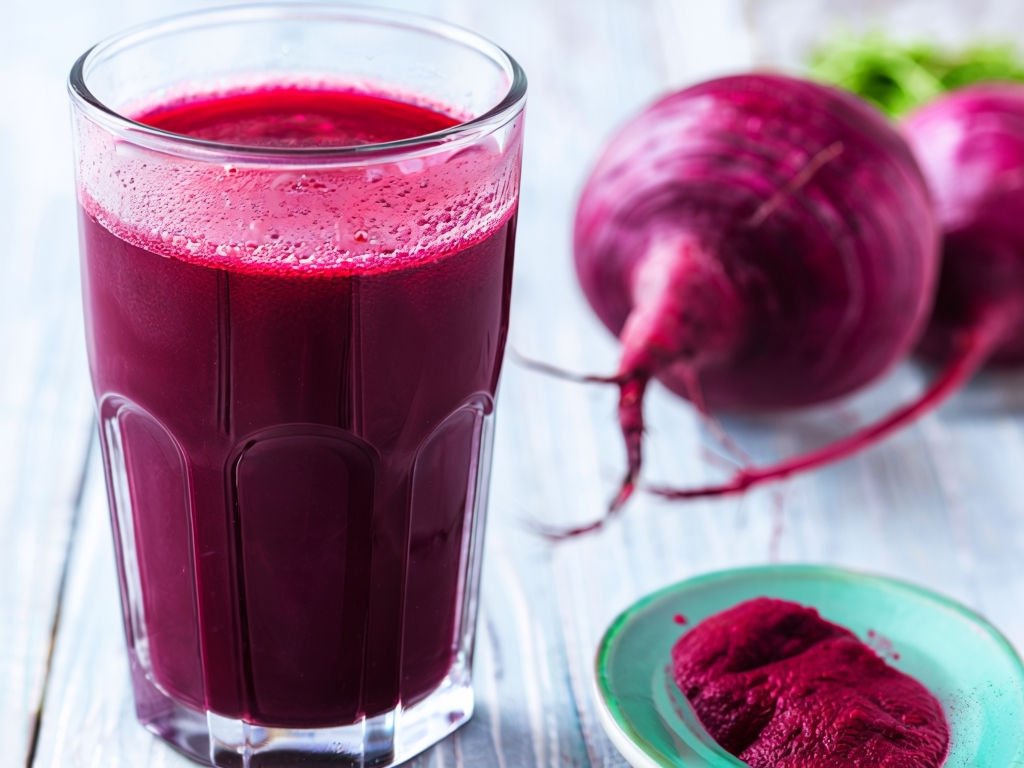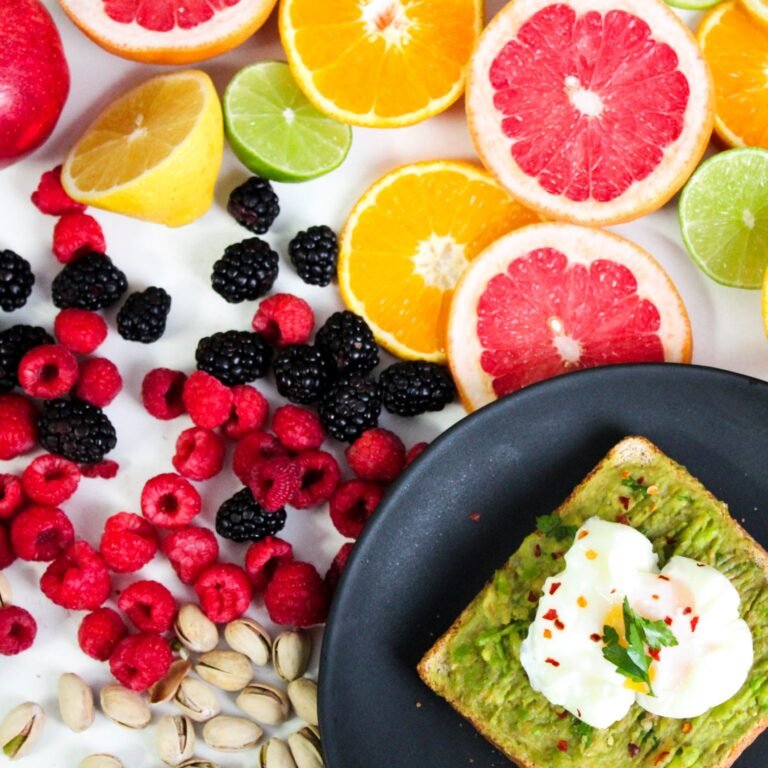
Beetroot Benefits and Recipes
Beetroots have gained remarkable popularity, not only for their rich color but also for their array of health benefits. This root vegetable, often overlooked, is packed with nutrients and can be included in many different types of recipes. From smoothies to salads and even savory soups, the versatility of beets is endless. But beyond taste, what makes beetroot a nutritional powerhouse? Let’s dive into its many health benefits and explore some easy, delicious recipes to incorporate more of this vibrant vegetable into your diet.
What is Beetroot?
Beetroot, scientifically known as Beta vulgaris, is a root vegetable grown worldwide for its edible root and leafy greens. Originating from the Mediterranean region, beetroot is now a beloved ingredient in many cuisines, recognized for its sweet and earthy flavor and distinct red hue. The root can be eaten raw, juiced, roasted, boiled, or pickled, and the leaves are also edible, adding a nutritious, spinach-like element to dishes.
Nutritional Profile of Beetroot
Beetroot is known for its rich nutritional profile. Here’s what makes it a valuable addition to a balanced diet:
- Rich in Vitamins and Minerals: Beets are particularly high in vitamin C, folate, manganese, and potassium.
- High in Fiber: A single cup of beets contains around 3.8 grams of dietary fiber, which supports healthy digestion.
- Low in Calories: Beetroot is low in calories, with only around 58 calories per cup, making it a great choice for weight management.
- Antioxidants Galore: The deep red color of beets comes from betalains, powerful antioxidants known to fight inflammation and free radical damage.
- Beetroot Benefits for Heart Health
Beetroot is one of the best foods you can eat to support heart health. Its high nitrate content helps dilate blood vessels, reducing blood pressure and improving circulation. Studies have shown that regularly consuming beetroot juice can significantly lower systolic blood pressure, making it ideal for people with hypertension. The fiber in beets also plays a role by helping to lower cholesterol levels.
- Boosts Athletic Performance
One of beetroot’s unique benefits is its ability to enhance athletic performance. The nitrates in beets improve blood flow and oxygenation, allowing athletes to exercise more efficiently. Research suggests that drinking beet juice before a workout can improve endurance, delay fatigue, and boost overall performance. This is why beets have become a favorite for runners and endurance athletes.
- Supports Brain Health
Beetroot is known to support cognitive function by increasing blood flow to the brain. As we age, blood flow to certain areas of the brain decreases, which can impact memory and cognitive abilities. The nitrates in beets may help counteract this by improving circulation, keeping the brain sharp and potentially lowering the risk of neurodegenerative diseases.
- Detoxifies the Body
Beetroot contains compounds like betalains that help support liver function, aiding the body’s natural detoxification process. The antioxidants in beets assist in flushing out toxins, and the fiber content helps maintain a healthy digestive tract. Adding beetroot to your diet is an excellent way to naturally support liver health and encourage detoxification.
- Enhances Skin Health
For those looking to improve their complexion, beetroot can be a fantastic addition to your beauty regimen. The vitamin C in beets helps in collagen production, essential for firm, youthful skin. Beetroot’s antioxidants also fight free radicals, reducing signs of aging and promoting a natural glow. Drinking beet juice or adding it to a daily smoothie can nourish your skin from within.
- Helps with Weight Management
Beetroot is a low-calorie vegetable with a high fiber content, making it ideal for those seeking to manage their weight. Fiber aids in satiety, helping you feel full longer and reducing the likelihood of overeating. Including beetroot in your diet can be a simple, effective way to support your weight loss goals.
- Anti-Inflammatory Properties
Chronic inflammation can cause various health issues, including arthritis and heart disease. The betalains in beetroot have anti-inflammatory properties that help reduce inflammation and protect against diseases associated with chronic inflammation. Including beets in an anti-inflammatory diet can support overall wellness and reduce symptoms of inflammation.
- Promotes Digestive Health
Beetroot’s fiber content supports a healthy digestive system by promoting regular bowel movements and maintaining gut health. The fiber in beets acts as food for beneficial gut bacteria, improving the microbiome and aiding in nutrient absorption. This can enhance digestion and prevent digestive disorders like constipation.
- Balances Blood Sugar Levels
Beetroot has a moderate glycemic index but a low glycemic load, meaning it doesn’t cause significant spikes in blood sugar levels. The fiber in beets slows down carbohydrate digestion, keeping blood sugar levels stable. This makes beets a smart choice for those looking to manage their blood sugar naturally.
- Beetroot Recipes to Try at Home
To enjoy the benefits of beetroot, here are some delicious, easy-to-make recipes:
Beetroot Salad with Feta and Walnuts
- Ingredients:
- 2 large beetroots, peeled and roasted
- 1/4 cup crumbled feta cheese
- 1/4 cup walnuts, toasted
- 2 cups mixed greens
- 2 tbsp balsamic vinegar
- Salt and pepper to taste
- Instructions: Slice the roasted beetroots and toss them with mixed greens, feta, and walnuts. Drizzle with balsamic vinegar, season with salt and pepper, and enjoy this nutritious salad as a light meal or side dish.
Beetroot Smoothie
- Ingredients:
- 1 medium beetroot, peeled and chopped
- 1 banana
- 1/2 cup Greek yogurt
- 1/2 cup orange juice
- A handful of spinach (optional)
- Instructions: Blend all ingredients until smooth. This smoothie is a refreshing and nutrient-dense way to start your day with energy.
Beetroot Soup
- Ingredients:
- 3 large beetroots, peeled and chopped
- 1 onion, diced
- 2 garlic cloves, minced
- 4 cups vegetable broth
- Salt, pepper, and fresh dill to taste
- Instructions: Sauté onions and garlic, add chopped beetroots and vegetable broth, and bring to a boil. Simmer until beets are tender, then blend until smooth. Season and garnish with dill for a cozy, antioxidant-rich soup.
Roasted Beetroot Hummus
- Ingredients:
- 1 roasted beetroot
- 1 can chickpeas, drained and rinsed
- 1/4 cup tahini
- 2 tbsp lemon juice
- 1 garlic clove
- Salt to taste
- Instructions: Blend all ingredients until creamy and smooth. This vibrant pink hummus is perfect as a dip or spread on sandwiches.
Beetroot Juice Shot
- Ingredients:
- 1 medium beetroot, juiced
- 1/2 lemon, juiced
- A pinch of ginger (optional)
- Instructions: Mix beet and lemon juice, add a pinch of ginger, and drink immediately. This potent juice shot is an excellent way to get an instant nutrient boost.
Conclusion
Beetroot is a versatile, nutrient-packed superfood that offers multiple health benefits, from boosting athletic performance and enhancing brain health to supporting digestion and promoting glowing skin. Its unique taste and bright color make it a delightful addition to various recipes, adding both flavor and nutrition to your diet. Whether you’re sipping on beet juice, savoring a roasted beet salad, or enjoying a bowl of beet soup, incorporating beetroot into your meals can bring a wealth of health benefits. Embrace this colorful vegetable and discover how it can positively impact your well-being!






